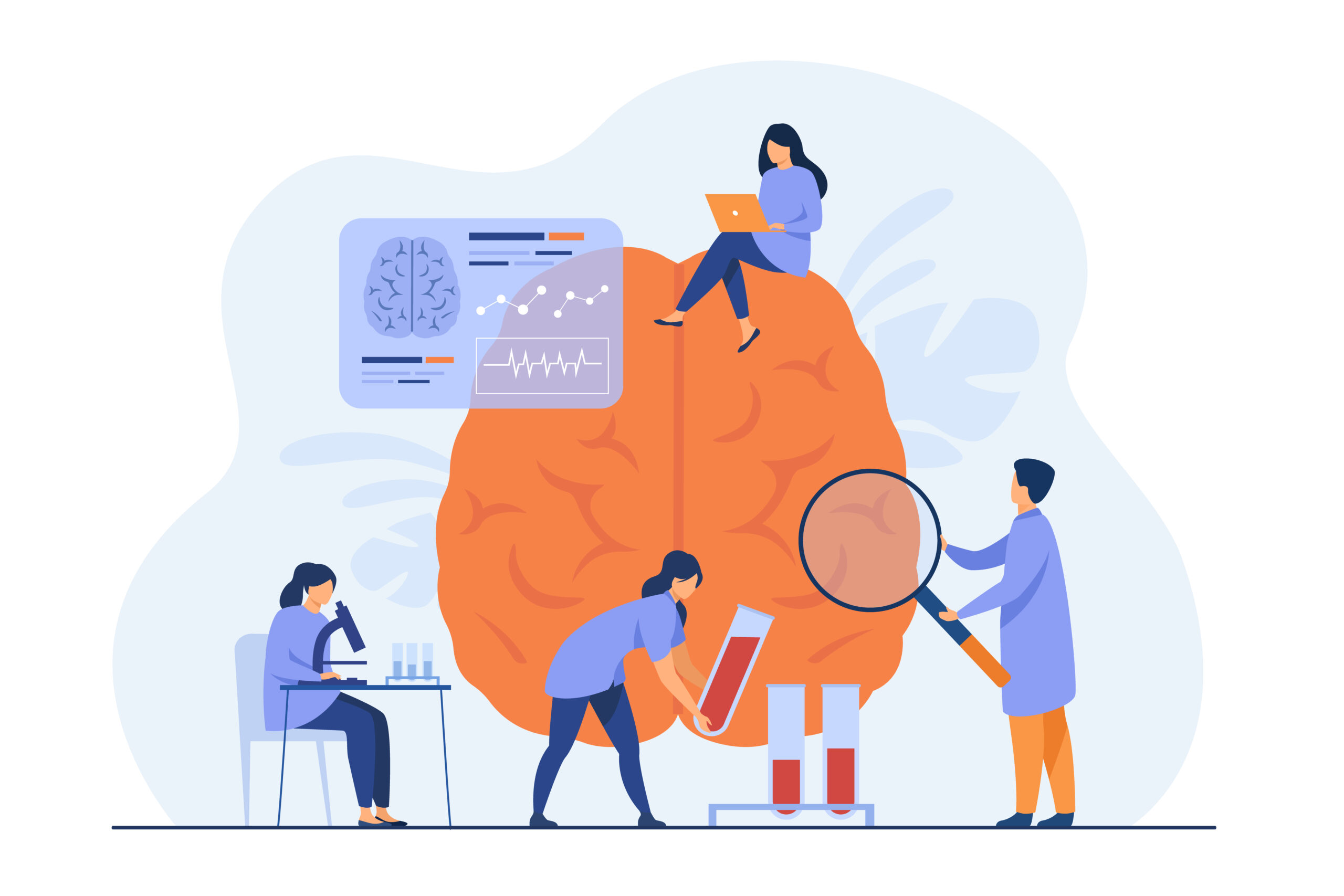OCD Research Study
Researchers at Stony Brook University are conducting a study to better understand the relationship between brain function and symptoms of obsessive-compulsive disorder.

Fast Facts

Ages 18-45

Diagnosed with OCD

Compensation Provided

Conducted in
Stony Brook, NY
Study Background
Help us learn more about the brain and obsessive-compulsive disorder!
We are investigating Acetylcholine, a chemical in the brain, and its effects on individuals with obsessive-compulsive disorder (OCD). Through this research study, we hope to learn more about the relationship between brain function and OCD.
This study will consist of 3 in-person visits and will include a physical exam, blood draws, confidential interviews, computer testing, and two separate brain imaging sessions.
Further research on OCD by joining this compensated study!

Study Background
Help us learn more about the brain and obsessive-compulsive disorder!

We are investigating Acetylcholine, a chemical in the brain, and its effects on individuals with obsessive-compulsive disorder (OCD). Through this research study, we hope to learn more about the relationship between brain function and OCD.
This study will consist of 3 in-person visits and will include a physical exam, blood draws, confidential interviews, computer testing, and two separate brain imaging sessions.
Further research on OCD by joining this compensated study!

Additional Information
This study is being conducted to learn more about the relationship between brain function and OCD.
You may qualify for this study if you meet the following criteria.
Inclusion Criteria:
- Ages 18-45
- Diagnosed with obsessive-compulsive disorder (OCD)
- Not currently taking psychiatric medications
- No other psychiatric disorders
- Able to undergo an MRI (no non-removable metal on or in your body)
- Not currently pregnant
This research study will consist of 3 in-person visits.
- The first visit will consist of a baseline assessment, which includes a physical exam, blood draws, and clinical interviews.
- The second visit will consist of an MRI scan and computer testing.
- The third visit will consist of a PET scan, which will require an injection with intravenous contrast.
You will be compensated up to $550 for completing all study sessions.
You can also receive an additional $60 for completing a standby session.
There is no cost for you to participate in our research study.
